Минеева: Сегодня мы совместно определим вызовы времени для бизнеса — Последние новости Омска и области
7 декабря 2021, 17:09
Межрегиональный юридический форум объединил ученых, юристов, а также представителей органов власти и МСП. Форум принял город Саратов в период с 7 по 8 декабря текущего года. Московский бизнес-омбудсмен Татьяна Минеева стала одним из спикеров на мероприятии.
Как отмечает Vostokmedia.com, что основная задача форума заключалась в создании новых и эффективных путей взаимодействия бизнеса и государства.
В рамках пленарного заседания в Саратовской государственной юридической академии выступили представители областной прокуратуры, правительства, научно-экспертного сообщества, Торгово-промышленной палаты, члены Ассоциации юристов, Корпорации развития Саратовской области и представители региональных бизнес-объединений.
Уполномоченный по защите прав предпринимателей в городе Москве отметила, что участники мероприятия намерены выработать конкретные решения для стабилизации предпринимательства не только в Саратовской области и в столице страны, но и во всех субъектах России.
«Москва, как мы знаем, – эпицентр реализации кейсов и моделей стабилизации, которые затем масштабируются на всю Россию, и она всегда готова обмениваться эффективными практиками», – подчеркнула Татьяна Минеева.
Спикером на форме также стала президент Фонда регионального экономического развития “Инвестиции и регионы”, управляющий партнер FINCOM group, руководитель общественной приемной при уполномоченном по защите прав предпринимателей в Москве по вопросам молодежного предпринимательства Анна Кровякова.
Она обратила внимание, что по итогам форума необходимо выработать положительную повестку взаимодействия государства и власти.
«Нам важно слышать и понимать болезненные вопросы, видеть в них точки роста и двигаться навстречу друг другу. Мероприятие стало сильным, с отличными спикерами и участниками дискуссии», – заметила Анна Кровякова.
В рамках первого дня юридического форума участники смогли посетить сессии на следующие темы: федеральное антимонопольное законодательство, государственный контроль и надзор, государственно-частное партнерство, опыт бизнесменов в условиях пандемии коронавируса.
Данное мероприятие дало старт для результативного сотрудничества государства и бизнеса. При этом особое внимание организаторы и участники форума уделили выработке способов решения острых проблем в области действующего законодательства.
Также было положено начало формированию механизмов интеграции государства и частного бизнеса. Так, начался поиск путей решения актуальных проблем малого и среднего предпринимательства в России.
Организаторами форума стали: Саратовская государственная юридическая академия, Фонд регионального экономического развития «Инвестиции и регионы» и Саратовское региональное отделение Ассоциации юристов России.
#Новости#Общество
Подпишитесь
682 млн на команду. Стало известно, сколько будут получать хоккеисты «Авангарда»
Сегодня, 06:39
Объяснение не принимается. Застройщик школы в Омске получил предписание от прокурора
Сегодня, 10:14
«Только мусор и пленка на воде». Омичи заметили масляные пятна на Оми и Иртыше
Сегодня, 08:26
Зарплата от 39 до 42 тысяч. В омском правительстве ищут специалистов по госзакупкам
В омском правительстве ищут специалистов по госзакупкам
Сегодня, 09:13
Омский Росздравнадзор остался без директора
Сегодня, 03:38
Стало известно, какие омские школы отремонтируют в ближайшее время
Вчера, 08:07
Впечатления с едой в Дании
These information pages can help you get started in learning about some of the laws and registration requirements that may apply to your experiences on Airbnb. These pages include summaries of some of the rules that may apply to different sorts of activities, and contain links to government resources that you may find helpful.
Please understand that these information pages are not comprehensive, and are not legal advice. If you are unsure about how local laws or this information may apply to you or your experience, we encourage you to check with official sources or seek legal advice.
Please note that we don’t update this information in real time, so you should confirm that the laws or procedures have not changed recently.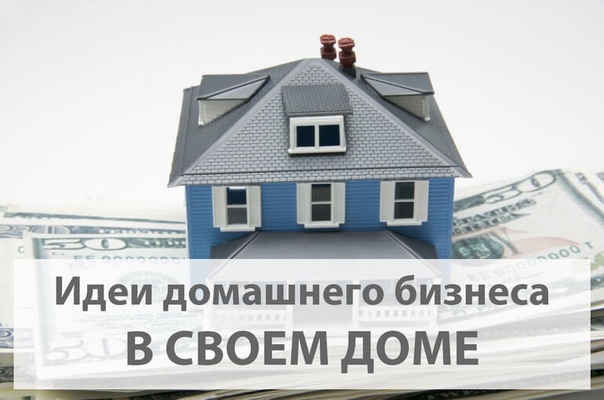 *
*
Many food and drink related commercial activities in Denmark require a license. Before offering meals in your own home or someone else’s unlicensed premises, you should check the applicable requirements.
You can read more about registration and authorization in the official guidelines by the Food Administration. Information regarding starting a food business is available on the Danish Veterinary and Food Administration website and in their short guide.
Generally, Danish food law differentiates between the following:
- Food enterprises
- Food businesses below a minimum threshold
- Food activities in the private sphere
The full range of food legislation only applies to food enterprises, while food businesses below a minimum threshold are only subject to some parts of the food legislation. Finally, food activities in the private sphere are exempt from food regulation. In contrast to food enterprises, in case you operate a food business below a minimum threshold or food activities in the private sphere you do not need an authorization or registration.
So what constitutes a food business below a minimum threshold?
The differentiation between food enterprises (like restaurants) and food businesses below a minimum threshold, is based on three criteria:
- Boundary of Triviality
- Continuity
- Degree of organization
Boundary of triviality means, the level of continuity and organisation of the Experience must be significantly lower than in a regular food enterprise. Whether this is the case is always subject to an overall assessment by the authorities and therefore a case-by-case decision. However, there are guidelines published by the Food Administration that help you determine whether your Food Experience can be considered trivial and therefore a food business below a minimum threshold. According to the current guidelines (published in 2015), decisive factors to assess whether an activity can be considered trivial or not include:
- Frequency: The activity should not exceed 10 events covering a maximum of 30 days in a year.
 Therefore, food activities taking place once a week cannot be considered to be trivial.
Therefore, food activities taking place once a week cannot be considered to be trivial. - Commercial nature: Whether a food activity is considered to be commercial is determined by an overall assessment of the activity. Carrying out advertising, for example newspaper or web ads, is taken as a signal that the activity is commercial — however please be aware that this is just one factor in the overall assessment. On the other hand, annual revenue of greater than DKK 50,000 will generally mean that the activity cannot be regarded as trivial.
If you’re in any doubt whether your Food Experience can be considered trivial, we recommend you get in touch with the competent authorities or your legal advisor.
What are food activities in the private sphere?
Food activities in the private sphere generally are all food activities in a private household that are not carried out for profit. However, according to the guidelines of the Danish Food Administration, food activities of an educational nature such as cooking classes are also part of the private sphere, even if they are undertaken for profit. As mentioned above, these activities are exempt from food legislation.
As mentioned above, these activities are exempt from food legislation.
If your Experience does not fall within the applicable exceptions (which may change from time to time so it is always advisable to check before offering food related Experiences), then you must register a food enterprise with the Veterinary and Food Administration. This means that your activity would also need to comply with the full extent of the regulations, including kitchen layout and hygiene, which in practice may be difficult to comply with in a private home. The Administration could also carry out inspections (which require a fee to be paid and the inspection reports could be required to be made public).
Finally, if you act as a facilitator between consumers and food enterprises, you may also be subject to the registration requirement — so if you plan to offer an Experience that includes a visit to a restaurant or other food provider, you should check what regulations apply.
Is there anything else I should think about?
Even if your Experience meets the requirements to be considered trivial, certain parts of the applicable food regulations would still apply.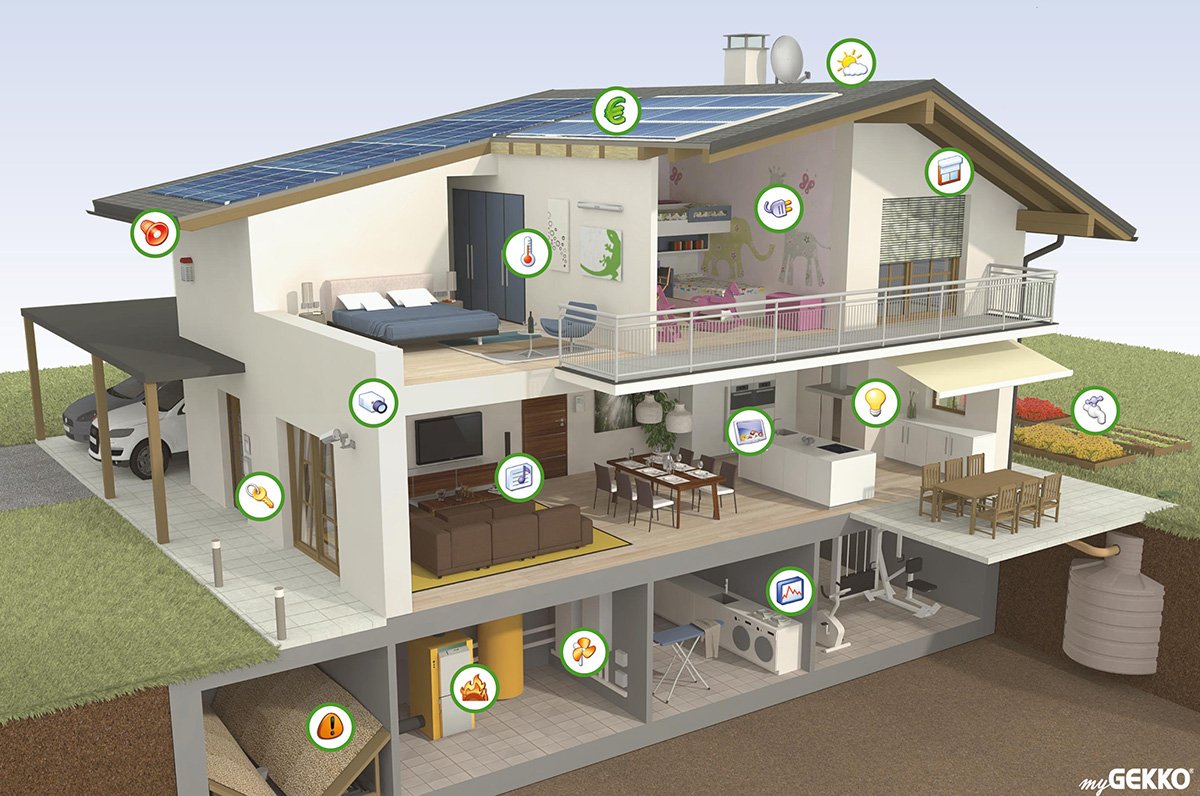 In any event, your guests’ health and safety should still always come first. You should inform yourself regarding all reasonable and prudent health and safety standards including in relation to food storage and safety, food hygiene, place of origin, ingredients, cleanliness, labelling, equipment, preparation and information that your guests might need regarding food allergies or sensitivities.
In any event, your guests’ health and safety should still always come first. You should inform yourself regarding all reasonable and prudent health and safety standards including in relation to food storage and safety, food hygiene, place of origin, ingredients, cleanliness, labelling, equipment, preparation and information that your guests might need regarding food allergies or sensitivities.
Please note that the Danish Veterinary and Food Administration keep control on all food enterprises in Denmark, also food businesses in private homes.
If you’d like to include alcohol as part of your Experience then please refer to the section on Experiences involving alcohol in Denmark. Please also make sure that you check the zoning rules that apply to your area.
Please also consult the information on Business Licensing in Denmark.
* Airbnb is not responsible for the reliability or correctness of the information contained in any links to third party sites (including any links to legislation and regulations).
Главная — Семейный бизнес-форум Тарават
The Tharawat Family Business Forum — это независимая членская организация, занимающаяся устойчивость, инновации и рост семейного бизнеса в странах Ближнего Востока и Северной Африки.
Темы, которые иметь значение
Повестка дня сосредоточена на вопросах, наиболее важных для семейных предприятий.
- УПРАВЛЕНИЕ
- ИННОВАЦИИ
- БОГАТСТВО
- ЛИДЕРСТВО
Наша деятельность в 4 столба
Четыре столпа Tharawat обеспечивают легкий доступ к мероприятиям и материалам Форума.
- СЕТЬ
- ОБУЧЕНИЕ
- РЕШЕНИЯ
- ИССЛЕДОВАТЬ
Кто может выгода из Таравата?
Tharawat предлагает мероприятия и поддержку семейным предприятиям из нескольких поколений со всего Ближнего Востока и Северной Африки.
Наши программы направлены на ваш личностный рост, создание сильных семейных команд и поддержку успеха и устойчивости семейного бизнеса из поколения в поколение.
- Член семьи
- Семья
- Семейный бизнес
Читать последние
Отчет об исследовании семейного бизнеса MENA , в котором освещаются проблемы и приоритеты лидеров семейного бизнеса в регионе MENA. В обзоре представлены ключевые области, вызывающие озабоченность у семейных фирм из нескольких поколений на Ближнем Востоке и в Северной Африке, что дает редкое представление об образе мыслей и перспективах регионов, управляющих частными компаниями.Предыдущий
Следующий
Проект «
Семейный бизнес и изменение климата » в партнерстве с AW Rostamani Group будет работать в течение 2022 года и завершится мультимедийным отчетом и круглыми столами для владельцев и будущих лидеров семьи.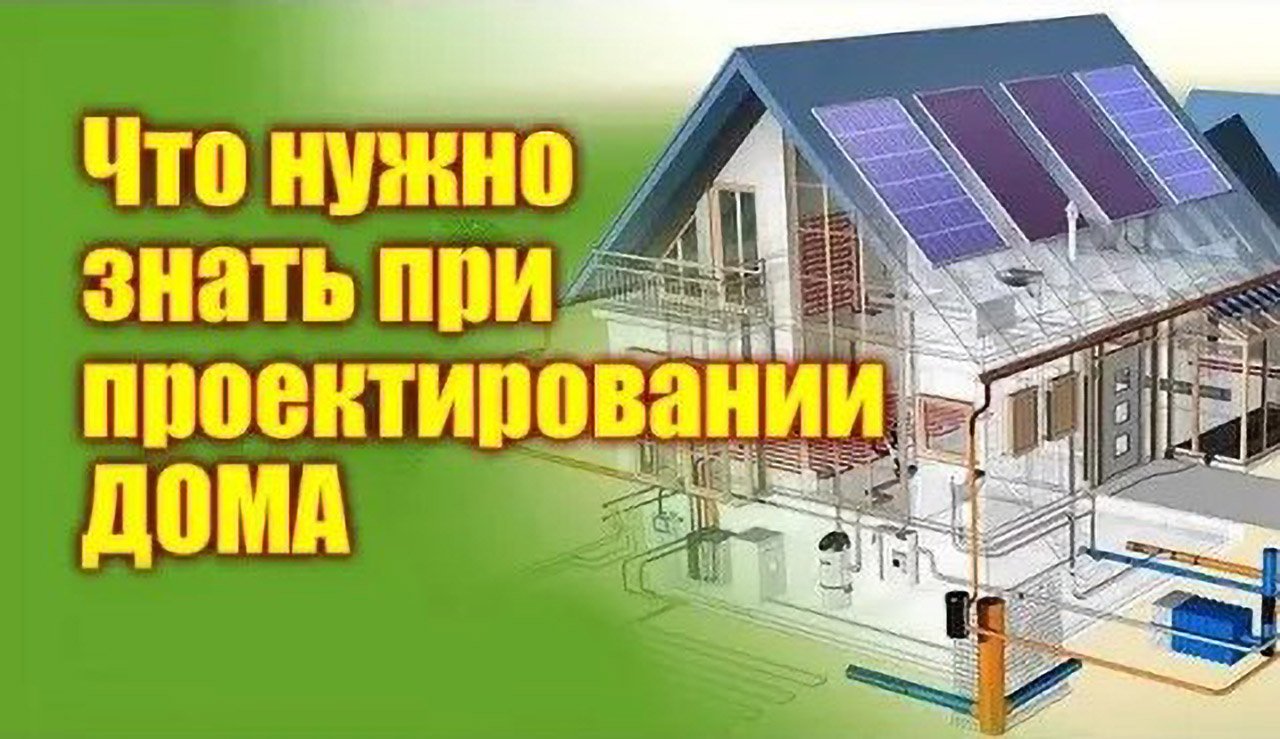 собственные компании в регионе и за его пределами. Подробнее >>
собственные компании в регионе и за его пределами. Подробнее >>
Предыдущий
Следующий
Посетите портал Tharawat Covid19, где можно найти
интервью, ключевые идеи, отчеты и инструменты для поддержки семейных фирм в их кризисных ситуациях и управлении рисками, а также их среднесрочных стратегиях.Ознакомьтесь с нашими
последними мероприятиями и курсами по темам, наиболее важным для семейного бизнеса в странах Ближнего Востока и Северной Африки. Мы сотрудничаем с ведущими учреждениями и организациями, чтобы предоставить членам Tharawat доступ к новейшим тенденциям и опыту.Предыдущий
Следующий
Узнайте о различных способах участия в форуме семейного бизнеса Tharawat.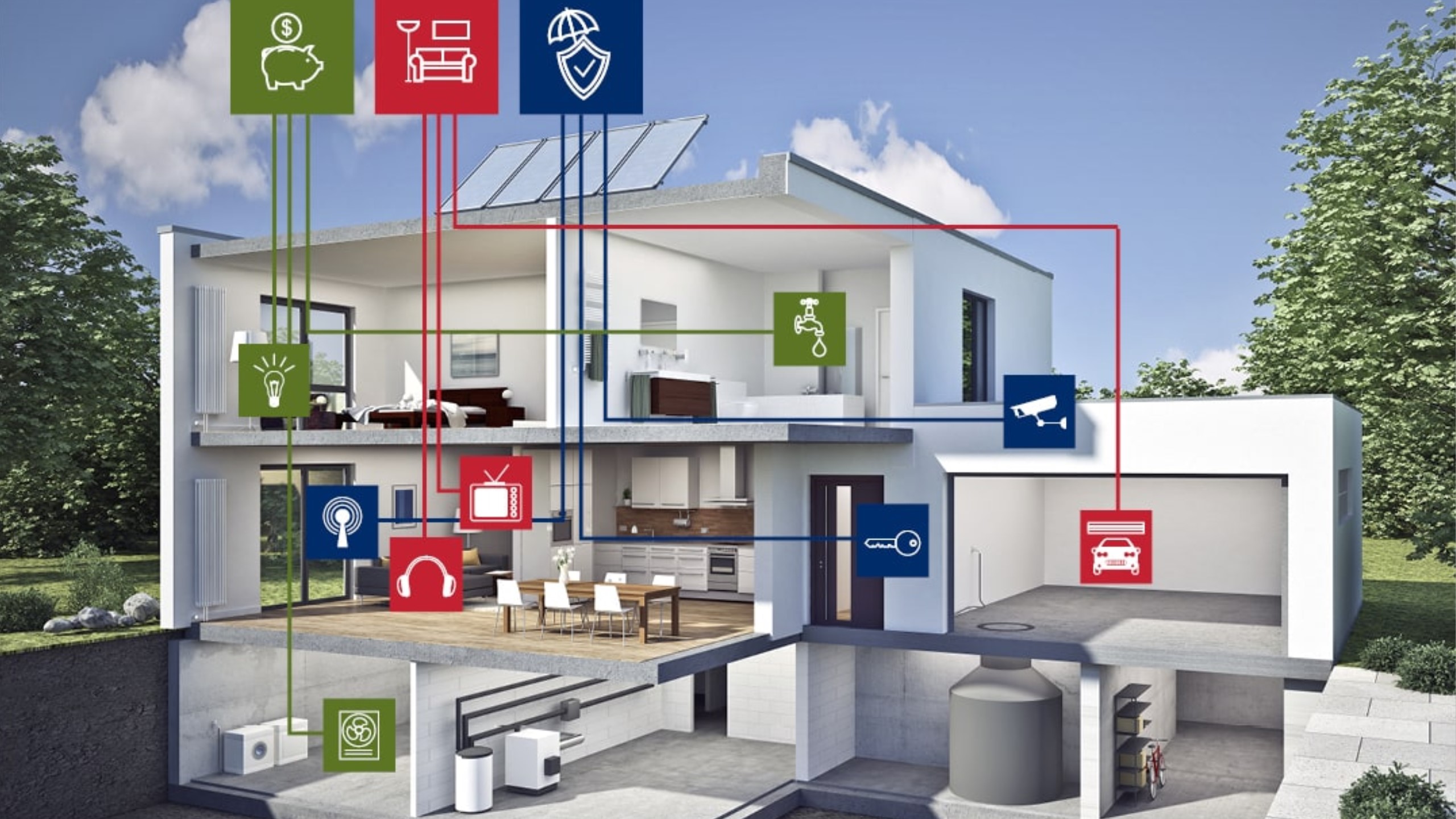
Аналоговый | Встроенная обработка | Полупроводниковая компания
TLC69612-Q1НОВЫЙ
Драйверы автомобильных светодиодовTLC69612-Q1 АКТИВНЫЙ
Драйвер подсветки с локальным затемнением на 32 автомобильных мини-светодиода, 16 каналов, 60 мА / 20 В
прибл. цена (USD) 1ку | 1,628
TLV365-Q1НОВЫЙ
Быстродействующие операционные усилители (GBW ≥ 50 МГц)TLV365-Q1 ПРЕДПРОСМОТР
Автомобильный 50-МГц операционный усилитель с однополярным питанием и входом и выходом Rail-to-Rail
прибл. цена (USD) 1ку | 0,295
ТСВ911А-Q1НОВЫЙ
Операционные усилители общего назначенияТСВ911А-Q1 АКТИВНЫЙ
Автомобильный одноканальный 5,5-В 8-МГц операционный усилитель с рельсовым входом и выходом
прибл. цена (USD) 1ку | 0,207
LM5171-Q1 BQ79616НОВЫЙ
Мониторы и балансировщики аккумуляторовBQ79616 АКТИВНЫЙ
16-S прецизионный монитор батареи, балансировщик и встроенная защита с интерфейсом для штабелирования
прибл. цена (USD) 1ку | 6,37
цена (USD) 1ку | 6,37
20 июня 2023 г. | Блог компании
Ферн Юн, лидер в области автомобильных систем, увлечена тем, чтобы проложить путь для женщин-инженеров и будущее электрификации автомобилей.
ПодробнееВ основе нашей деятельности лежит стремление сделать мир лучше, сделав электронику более доступной за счет полупроводников. Эта страсть жива и сегодня, поскольку мы продолжаем продвигать вперед интегральные схемы. Каждое поколение инноваций опирается на предыдущее, чтобы сделать технологии меньше, эффективнее, надежнее и доступнее, открывая новые рынки и позволяя полупроводникам повсеместно внедряться в электронику. Мы думаем об этом как о инженерном прогрессе.
Наша работа сложна и динамична, и именно наши люди делают нас великими. Вы хотите изменить мир и любите свою работу? Присоединяйтесь к нам.
Поиск открытых вакансий 90% Доля отгруженных полупроводниковых изделий, считающихся экологически чистыми и отвечающих отраслевым требованиям по низкому содержанию галогенов.

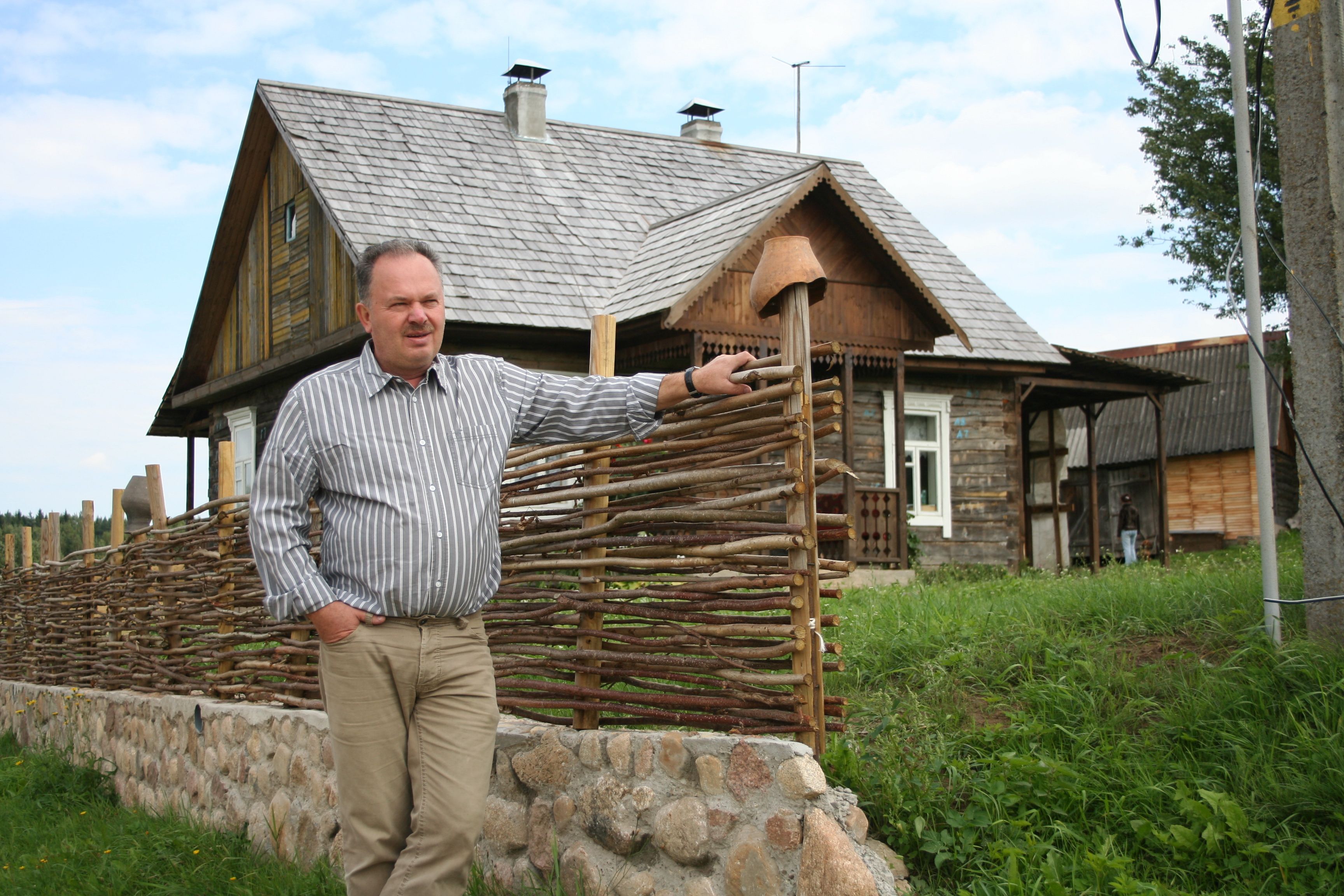 Therefore, food activities taking place once a week cannot be considered to be trivial.
Therefore, food activities taking place once a week cannot be considered to be trivial.